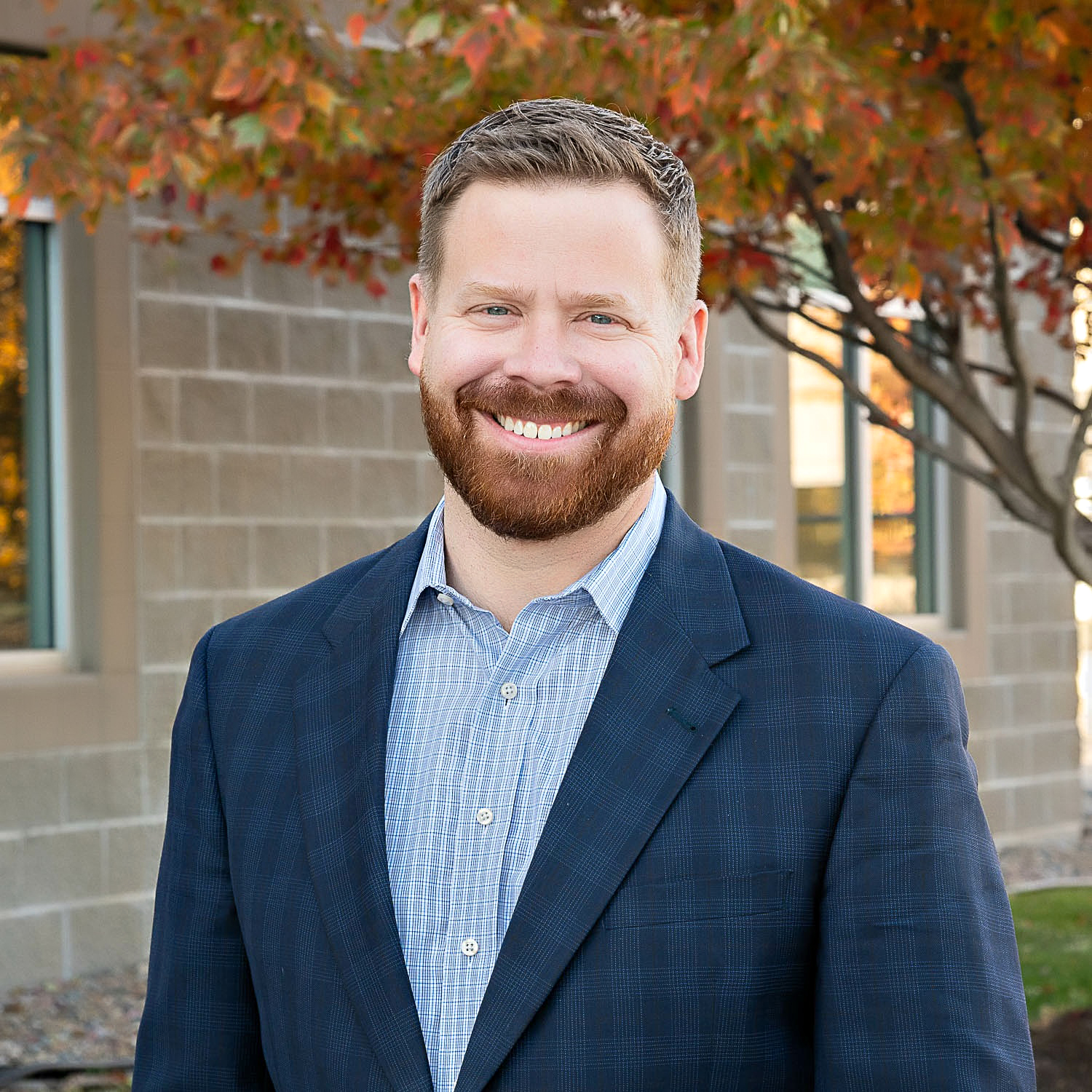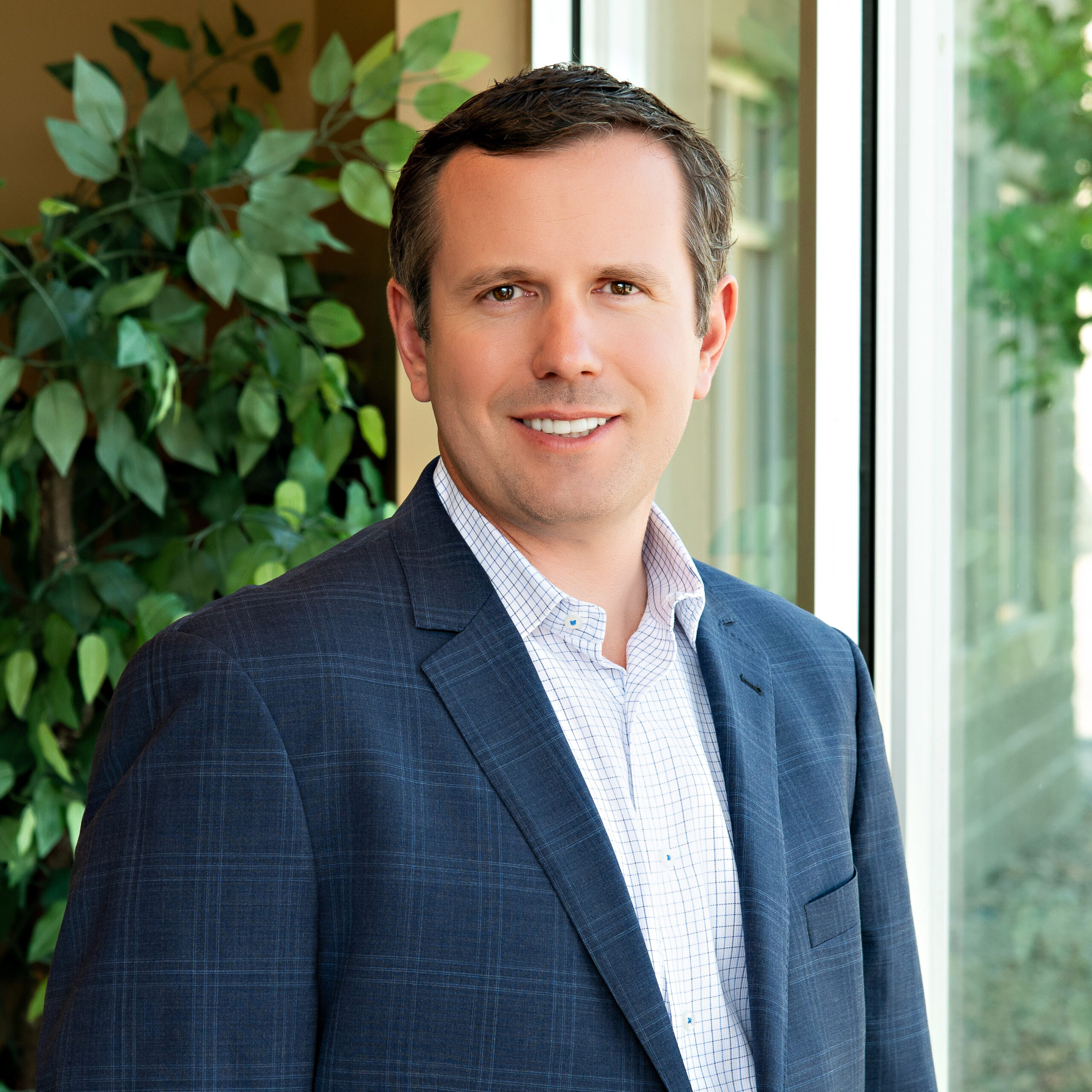Our Funds
Sower’s Legacy Farmland Fund is a 721 Exchange fund crafted specifically for farmland. This pioneering Fund is a platform for landowners to exchange their farmland for Fund Units, all while enjoying valuable tax-deferred benefits and the ability to participate in financial returns from a pool of farmland assets.
Exchanging farmland into the Fund, via the 721 asset exchange, results in a win-win scenario for landowner’s legacy and financial goals.

Keys Benefits:
The Legacy Farmland Fund presents multiple advantages:
Tax-Deferred Benefits: Landowners can maximize the value of their farmland while deferring capital gains taxes.
Participation in Returns: Landowners have the opportunity to share in the returns generated by pooled farmland assets within the Legacy Farmland Fund.
Flexible Estate Planning: Fund Units accommodate increased flexibility for simple and more complex estate planning which includes philanthropic gifting
Asset Control: Commitment to preserving local producer relationships by restrictions on the sale of the asset, as well as optional lease back and repurchase rights
Landowners
The Legacy Farmland Fund was created by our founders because they had personally witnessed the succession planning issues happening to great farm families across the country. Without a plan in place, decisions will be made for you and your legacy; decisions like probate, IRS determined value for taxation, capital gains, tax exposure and more.
But the Legacy Farmland Fund offers you an option to protect your asset while earning income. The Fund provides for flexibility in the form of shares that allow you to gift and/or bequeath. Heirs can cash in their shares or invest them. All the while, your original farm stays intact and producing crops. You can even determine who farms the land.
Landowners – learn more about the Legacy Farmland Fund now.
Trust Officers
A Solution For Trusts – As a Trustee with farmland in your clients’ portfolio, the Legacy Farmland farm contribution Fund may be ideal for you or your clients’ situation.
We understand the high standard of care and attention you are mandated to place on your client’s accounts and assets. We also understand the unique issues when farmland is part of the trust. We believe that considering the Legacy Farmland Fund as an option to assist you with managing this special asset helps you in your fiduciary goal – as the Fund provides the benefits of diversification, establishes a process of third-party oversight, helps with changes in economic conditions, and is cognizant of the anticipated needs of the beneficiaries over time.
Visit the Legacy Farmland Fund site for more information.
Legacy Farmland Fund is especially important now that the vast majority of today’s producers over the age of 55. Farms are complex assets – and trusts can keep them in order following the owner’s death especially when there are several beneficiaries, some of whom do not live or work on the farm.
Legacy Farmland Fund helps you with all the special considerations that need to be made, such as land value; water, wind, or mineral rights; equipment and other physical assets, as well as liens.
Contact us today to learn how we help you help your clients.
Estate Planners
The Legacy Farmland Fund is unique in its ability to maximize estate assets and preserve the family legacy. It offers an improved means of control for landowners who are ready to take a more passive role in their asset yet still benefit financially.
The structure of the Fund is a 721 Exchange of the asset for an interest in the LLC partnership. This financial structure converts an illiquid farmland asset into flexible Fund Units that then provide for individual liquidity, transferability and gifting .
This strategic, tax-advantaged divestiture option maximizes the after-tax present value of a divestment. Contributions are generally tax deferred which means the value of the contribution is often greater than if the asset were sold and the after-tax proceeds were reinvested.
Visit the Legacy Farmland Fund site for more information.
Once the hard asset is converted into Fund Units, it is now part of a professionally managed portfolio of pooled farmland assets throughout the United States . This immediate diversification insulates against indirect factors and expenses that are often outside of an individual landowner’s control. Ownership in the portfolio of assets also produces additional potential revenue sources – like wind, solar, wetlands, easements, mineral rights, etc.
Contact us today to learn how we help you help your clients.
Brokers & Farm Managers
Have a client that wants to retire but is unsure of how to gain the most value from their land? The Legacy Farmland Fund offers a simple and flexible solution for you to offer for succession planning purposes.
At Sower, our mission is to keep land in crop production and as often as possible facilitate a Contributor’s tie to the land. We are committed to preserving local producer relationships and as such we offer continued landowner control through restrictions on the sale of the asset, as well as optional lease back and repurchase rights.
Exchanging land into Legacy Farmland Fund is similar to a traditional sale. The team at Legacy Farmland Fund will work with landowners to collect property information and conduct initial due diligence. After the initial due diligence occurs, a purchase price is established, which leads to the determination of the number of Units received in exchange for the land. Value is based on a 3rd party appraiser’s validation of market comparable sales and includes an Income Analysis, Capital Improvement Potential and Alternative Revenue Sources.
Visit the Legacy Farmland Fund site for more information.
Count on Legacy For:
- Best in class farm tenants & lease structure
- Tenant management and oversight
- Strong partnerships with producers
- Increased net revenue, investment quality & diversity
- Greater insulation
- Maximum secondary income sources
- Portfolio management
- Liquidity to investors
- Growth in distributions
Fee Structure:
- Fees and Costs: At the time of the exchange, fees and costs similar to a traditional sale are deducted from the agreed-upon Fair Market Value.
- Portfolio Management: The Fund maintains a 50bps (0.50%) fee on Net Asset Value for portfolio management services.
- Incentive Distributions: The Fund participates in the growth of distribution income over time, which maintains alignment between Fund management and Fund unit holders.





